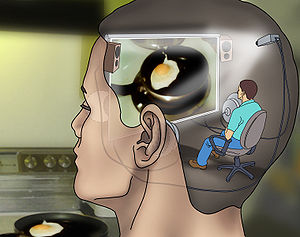A girl ghostly white
Strode out alone into the night
Stillness prevailed there
No sign of any wind to blow away her despair
She appreciated a rose, its color light yellow
Was it also abandoned by its fellows?
She flicked it aside
A rose diminished of its pride
She came to a standstill
She no longer had the will
To let her thoughts spill
Frustrated she cried
Like a jilted bride
She looked up, darkness had consumed all beauty
The sky was darker than a chimney thats sooty
But she looked again and saw a beam
Then two, three, four more formed a team
No, the night was not diminished of its beauty
For four stars still performed their duty
Strode out alone into the night
Stillness prevailed there
No sign of any wind to blow away her despair
She appreciated a rose, its color light yellow
Was it also abandoned by its fellows?
She flicked it aside
A rose diminished of its pride
She came to a standstill
She no longer had the will
To let her thoughts spill
Frustrated she cried
Like a jilted bride
She looked up, darkness had consumed all beauty
The sky was darker than a chimney thats sooty
But she looked again and saw a beam
Then two, three, four more formed a team
No, the night was not diminished of its beauty
For four stars still performed their duty





















